National practitioners from 31 Member States of the Organisation for the Prohibition of Chemical Weapons (OPCW) yesterday completed a six-week online training course that will improve their ability to implement declaration and inspection obligations under Article VI of the Chemical Weapons Convention.
The Senior Coordination and Planning Officer from OPCW's Implementation Support Branch, Ms Chizu Matsushita, emphasised: "The design of this programme, starting from self-assessment, followed by e-learning and interactive training, and ending with post-training action plans, encourages deeper ownership of Article VI implementation among national stakeholders. We are confident that the course will help practitioners to more effectively fulfil their own country's obligations under the Convention."
One of the course participants, Health and Safety Executive and Technical Training Manager for Lotte Chemical Pakistan Ltd, Mr Sohail Abbas Soomro, stated: "The training course, which was brilliantly conducted, broadened my horizons to understand Article VI requirements from an industrial worker's perspective. The speakers and instructors delivered their workshop coherently and with gusto. I felt thoroughly engaged at every step of the online sessions."
The course combined self-paced study with interactive live sessions during which participants engaged with experts from OPCW's Verification and Inspectorate Divisions. Two representatives of the Dutch National Authority also shared their experiences with Article VI implementation during those sessions.
Participants were required to prepare action plans at the end of the training to identify specific challenges and solutions for their own country under Article VI of the Convention. Course certificates will be awarded later in the year to the participants who submit reports on the fulfilment of their action plans, outlining improvements that are made to the implementation of the Chemical Weapons Convention in their country.
The course gathered 55 representatives of National Authorities, chemical industry, and other national stakeholders from the following OPCW Member States: Afghanistan, Albania, Argentina, Bangladesh, Belgium, Brazil, Cambodia, China, Colombia, Cuba, France, India, Iran, Ireland, Malaysia, Maldives, Mongolia, Nigeria, Norway, Pakistan, Peru, the Philippines, Republic of Korea, Saint Vincent and the Grenadines, Slovakia, Spain, Sri Lanka, Thailand, Turkey, Turkmenistan, and Vietnam.

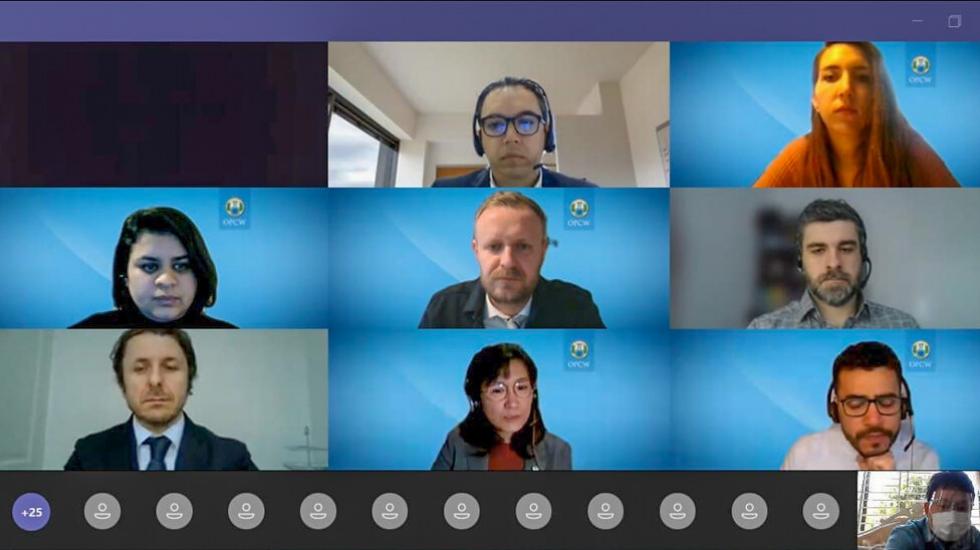
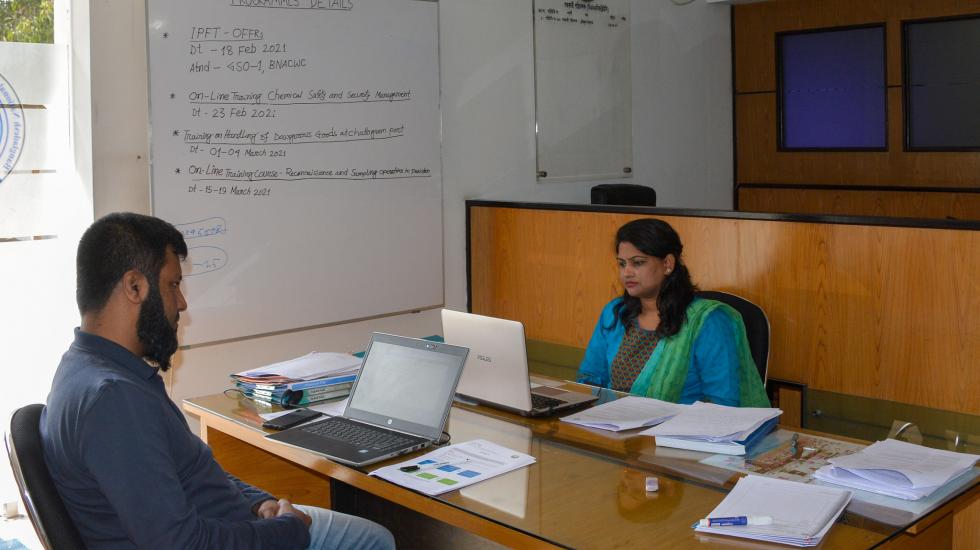

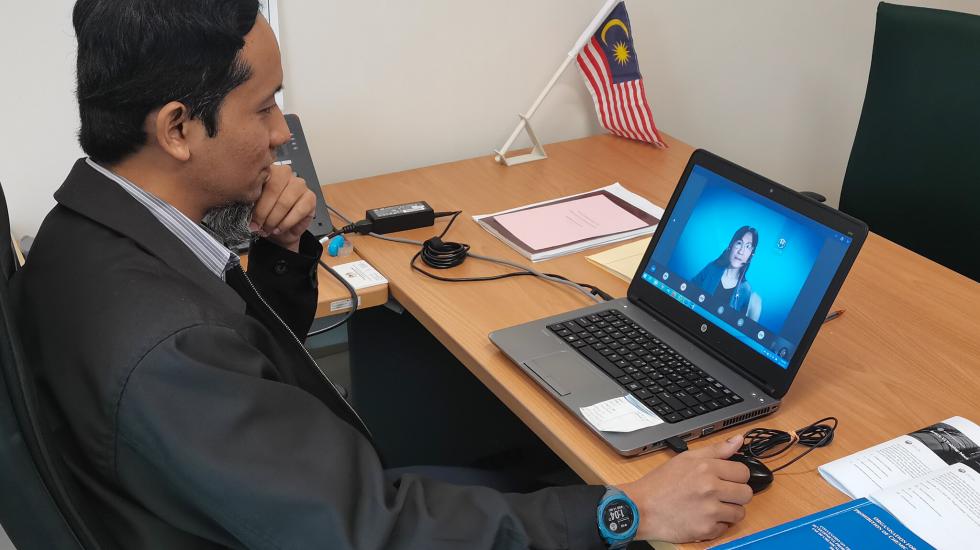
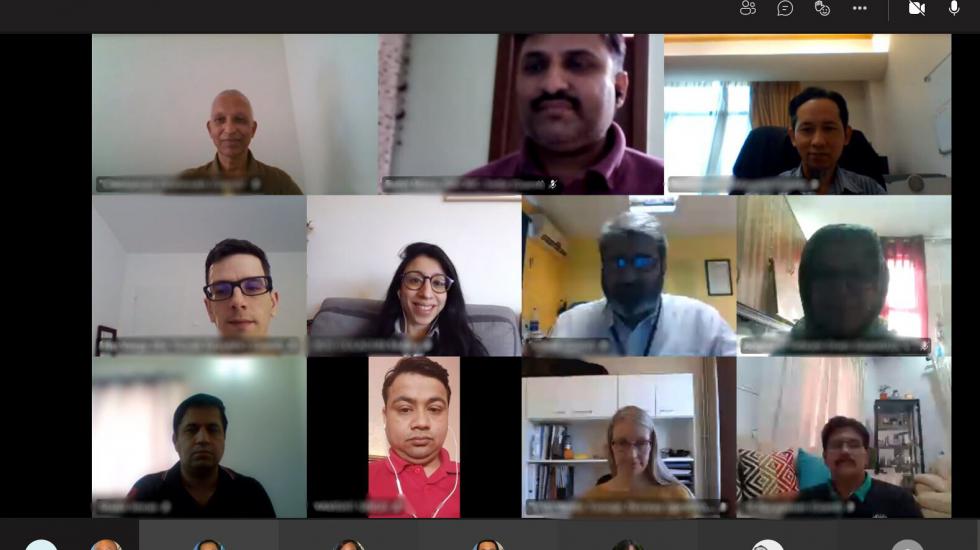
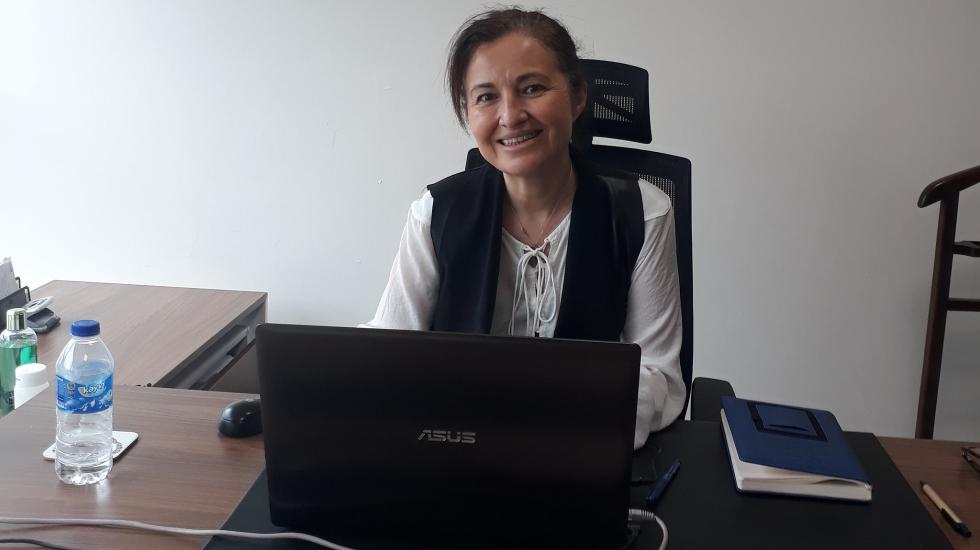
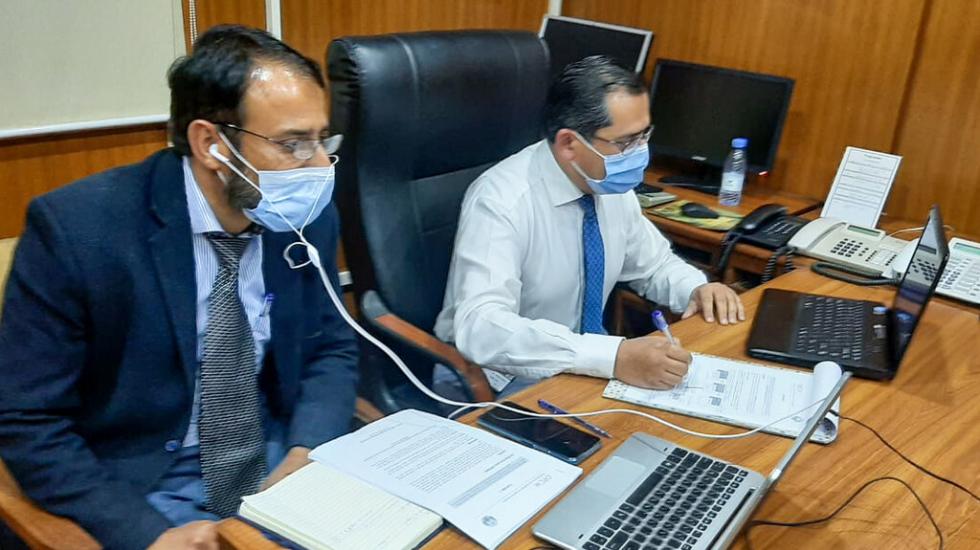
Background
As of October 2020, 84 OPCW Member States had submitted declarations for declarable facilities or activities for 2019, involving over 5,300 sites. Since its establishment, the OPCW Technical Secretariat has conducted more than 4,100 inspections of industrial sites to verify that the production and use of chemicals are intended solely for peaceful purposes.
As the implementing body for the Chemical Weapons Convention, the OPCW, with its 193 Member States, oversees the global endeavour to permanently eliminate chemical weapons. Since the Convention's entry into force in 1997, it is the most successful disarmament treaty eliminating an entire class of weapons of mass destruction.
Over 98% of all declared chemical weapon stockpiles have been destroyed under OPCW verification. For its extensive efforts in eliminating chemical weapons, the OPCW received the 2013 Nobel Peace Prize.






